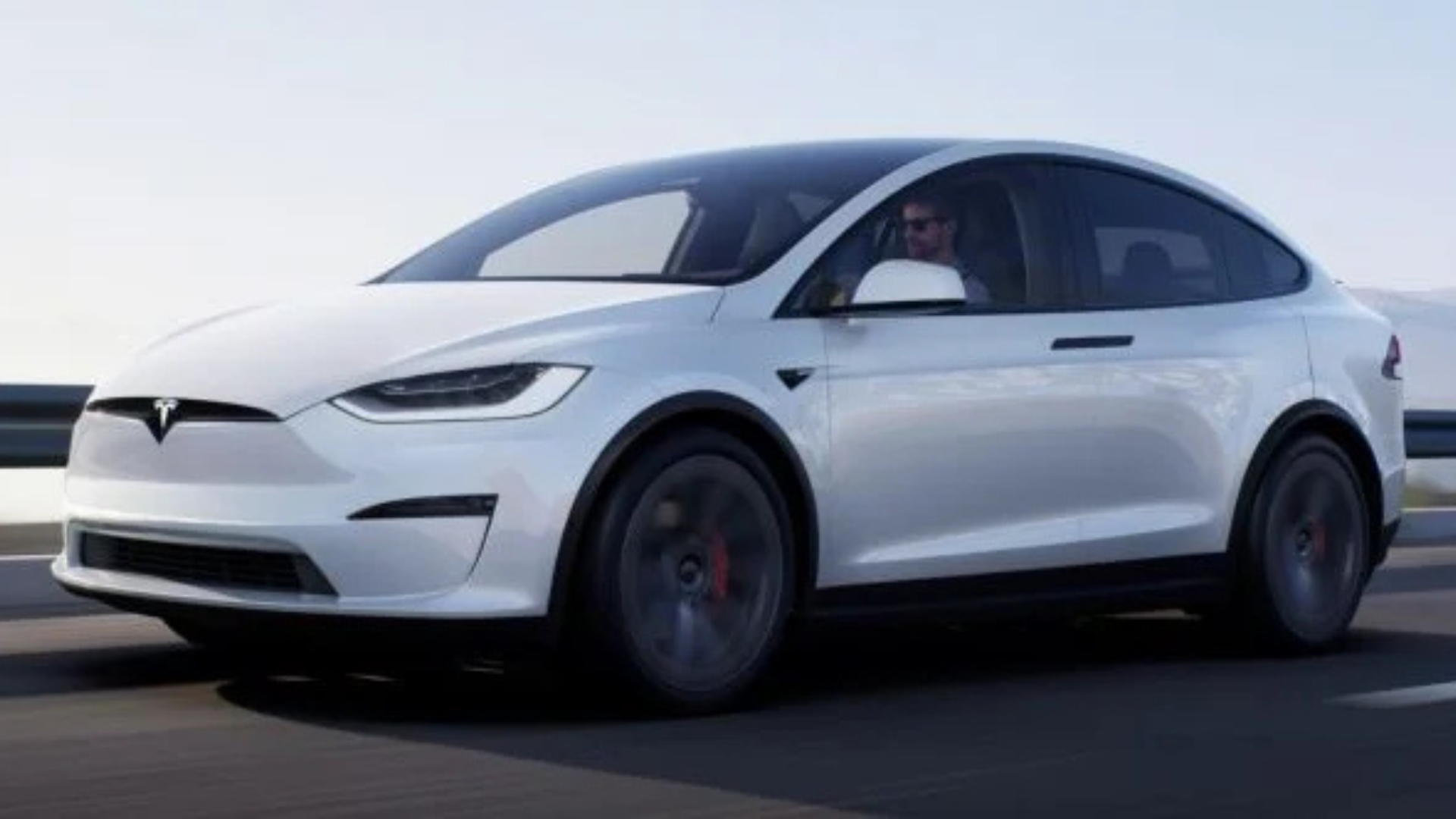Tesla Halts Orders for U.S.-Built Model X and Model S in China Amid Rising Trade War Tensions

As the U.S.-China trade tensions intensify, Tesla has quietly stopped accepting new orders for the U.S.-built Model X and Model S in China, signaling a shift in strategy amid growing uncertainty around potential retaliatory tariffs on American-made goods.
This move comes at a critical time, with China considering increased tariffs on U.S. auto imports, including electric vehicles (EVs), in response to ongoing political and economic disputes.
Why Did Tesla Suspend Orders?
The decision to halt new orders appears to be preemptive, aimed at mitigating risks from a possible tariff hike that could make U.S.-made Tesla vehicles significantly more expensive in China.
While Model 3 and Model Y are produced at Tesla’s Gigafactory in Shanghai, the Model S and Model X are exclusively manufactured in Fremont, California. These models would be directly affected by any new import duties imposed by Beijing.
Tesla’s Chinese website now lists the Model S and X as “temporarily unavailable for ordering,” without specifying when sales might resume. The company has yet to issue an official statement.
Implications for Tesla in China
China is the world’s largest EV market, and Tesla has built a strong presence with locally produced vehicles. However, the premium segment that includes the Model S and X remains critical for brand prestige and profit margins.
By pausing orders, Tesla may be:
Avoiding pricing instability for customers
Reducing logistical and customs complications
Preparing for future localization or alternative sourcing strategies
This also opens the door for Chinese luxury EV brands like NIO, XPeng, and Li Auto to gain more market share in the absence of direct competition from Tesla's flagship models.
The Bigger Picture: A Tariff War Looming?
The move underscores a growing trade rift between the U.S. and China. Chinese officials are reportedly considering retaliatory tariffs in response to the Biden administration's ongoing restrictions on Chinese tech and trade practices.
If China increases tariffs on U.S.-built cars—potentially up to 25% or more—it could severely impact sales not only for Tesla but also for other automakers exporting high-end models from the U.S., such as Ford, General Motors, and BMW.
What’s Next for Tesla?
Tesla may pivot by:
Shifting more production to China if feasible
Exploring supply chain diversification to reduce exposure
Introducing new models or variants built locally to replace affected offerings
Industry watchers will also be monitoring whether Tesla will resume Model S and X orders once the trade climate stabilizes—or potentially update its manufacturing plans to bring more production to Asia.
Tesla’s decision to suspend Model X and S orders in China is more than a supply issue—it’s a reflection of the increasingly complex geopolitical landscape shaping global EV strategies. With tariff threats looming, automakers must adapt quickly or risk being caught in the crossfire.
As the U.S.-China trade tensions evolve, all eyes will be on how Tesla navigates the world’s largest EV market while maintaining its premium brand position.
Read More: Proton Warns: Chinese Car Brands Slashing Prices Could Wreck Malaysia’s Auto Industry
I want to find the highest selling price for my car within 24 hours!
Download the Motorist App now. Designed by drivers for drivers, this all-in-one app lets you receive the latest traffic updates, gives you access to live traffic cameras, and helps you manage vehicle related matters.
